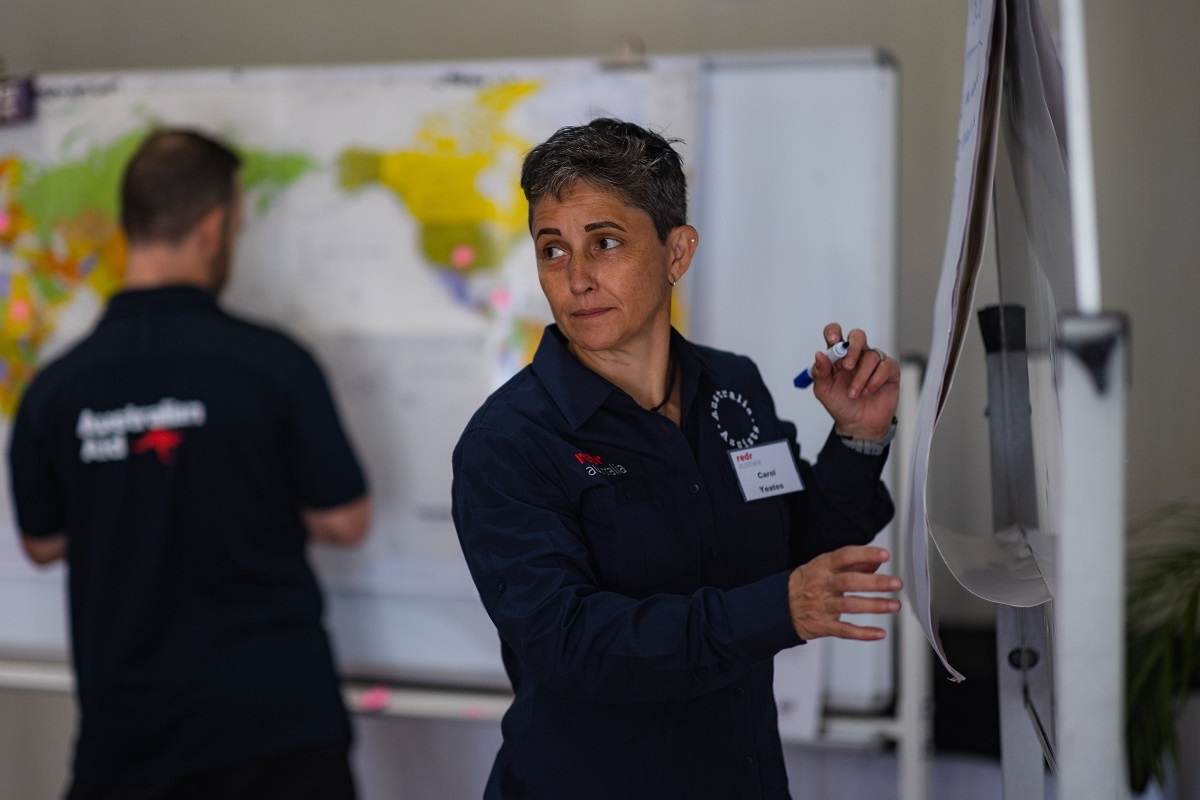Australia has this week announced a $35 million investment over four years in a Civil Society Partnerships Fund, a key commitment under the International Development Policy released a year ago. The aim is to support civil society organisations and address the challenge of shrinking civic space.
This is a great example of Australia’s development assistance supporting wider foreign policy objectives. A stronger focus on civil society will help address rising poverty and inequality, supporting a resilient region. Building genuine, sustained partnerships with civil society is both good development practice and is in Australia’s national interest.
There is compelling evidence that civic space is shrinking across the globe, posing risks to prosperity and stability. A recent paper by the Asia-Pacific Development, Diplomacy & Defence Dialogue (AP4D) highlights the challenges faced by civil society organisations, with their legitimacy and credibility being challenged by governments and a dire lack of resources and funding across the board.
Civil society advocates hold governments to account and promote transparent, strong and responsive states.
Civil society actors play a dual role as both advocates and implementers of programs. Both are significant functions that need to be adequately resourced. Civil society advocates hold governments to account and promote transparent, strong and responsive states. It is difficult for those implementing programs to carry out this role if they fear vital funding will be withdrawn as retaliation for speaking up to the government. Within the context of heavily contested political spaces, many local organisations feel they have very little leverage to engage with policymakers and powerbrokers.
This means civil society organisations are often reliant on donor-driven project funding. The scarcity of donor funds available for “core” or non-project related salary funding puts pressure on organisations to tailor their activities to suit donor preferences on a project-to-project basis rather than working towards an overall strategy.
Smaller organisations can find donor requirements onerous in terms of proposal writing, reporting, governance systems and financial and staff procedures. Additional requirements such as online applications in environments where electricity and internet connectivity may be unreliable, audited financial statements, and sophisticated governance structures are all difficult hurdles for smaller local organisations to overcome, and simply not feasible for some.

Against this backdrop, Australia has an important role in protecting and promoting an environment in which civil society can drive local wellbeing and development.
The announcement of the creation of a Civil Society Partnerships Fund is a way that Australia can invest in strong civil society organisations. Investment in building the institutional capacity and provision of predictable core funding enables civil society to offer a diversity of views, provide checks and balances on government actions, and hold leaders accountable.
This is in line with recent recommendations to strengthen democracy in the region, with the Joint Standing Committee on Foreign Affairs, Defence and Trade suggesting an annual baseline funding target for the delivery of humanitarian and development programs through civil society organisations (rather than direct to governments). By working directly with civil society actors, the new fund is a positive step towards this goal.
Any concerns about working directly with local organisations can be addressed through a new transparency portal to be established later this year. The portal will increase the accessibility and accountability of Australia’s development investments overseas.
Free, vibrant and robust civic space must be protected as a vital part of a stable and democratic region.
To be successful, the Civil Society Partnerships Fund will need to accommodate the broad range of civil society organisations within countries and across the region. For example, in the Pacific, sectors such as the climate movement are strong, can have global impact, and present opportunities for cross-regional solidarity. Other civil society groupings are intensely local, community-based organisations created by and for a specific community.
Free, vibrant and robust civic space must be protected as a vital part of a stable and democratic region. This means adequate, dedicated and reliable funding for institutional capacity.
The announcement on Tuesday by Foreign Minister Penny Wong and International Development Minister Pat Conroy presents a real opportunity to develop and fund initiatives that nurture civil society ecosystems and to provide flexible, core, multi-year funding to organisations across the region.
This is a promising step towards addressing shrinking civil space and supporting the strengthening of civil society in our region: a step that can be built upon, which is both good development practice and in Australia’s national interest.
This article draws on AP4D’s report on What does it look like for Australia to support youth, civil society and media in the Pacific.


